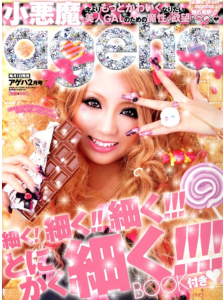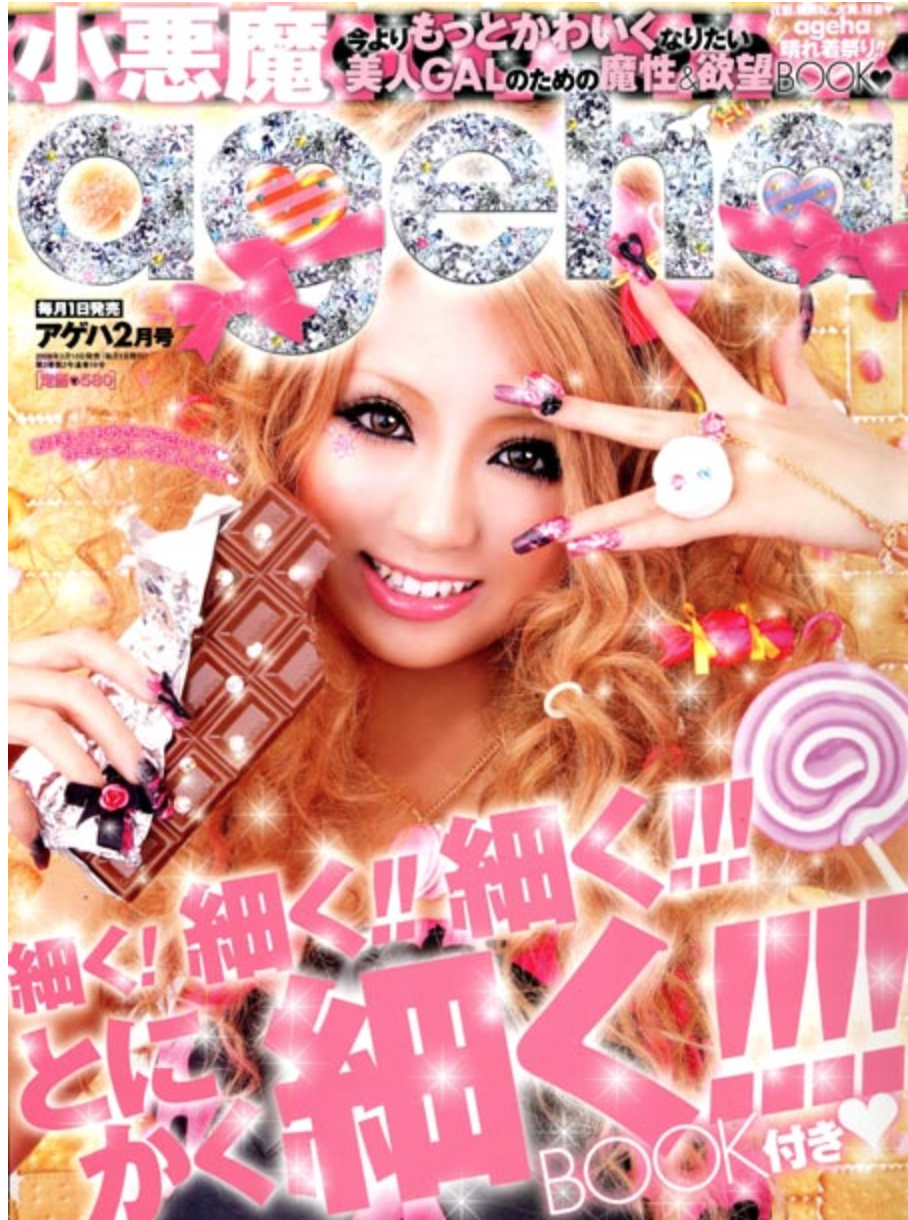This week Jiyu Kokumin Shupansha known for publishing the beloved Japanese language lexicon Basic Knowledge Of Modern Lingo (現代用語の基礎用語), in celebration of their 30th year of awarding the annual The New and Trendy Words Of The Year (新語・流行語大賞) announced the most enduring top ten trendy words for the last three decades. The company surveyed three hundred people and had them rank the words in order of importance and impact. It’s a nice window into social change and social consciousness in Japan. It also shows that Japan’s love for flirty attractive women who pour drinks at a bar remains solid no matter how much time passes. (When Japanese men learn to pour their own drinks, it’ll practically be a revolution.)

① Cabaret Club/キャバクラ (1985)
② It’s best to have a healthy husband, who is rarely home/亭主元気で留守がいい (1986)
③Sexual Harassment/セクシュアル・ハラスメント 同義語 セクハラ (1988)
④Old guy girl/オヤジギャル (1990)
⑤Supporter/サポーター (1993)
⑥If you really sympathise, give me money/同情するならカネをくれ (1994)
⑦The Safety Myth/安全神話 (1995)
⑧Good luck, Kobe! がんばろうKOBE (1995)
⑨I want to praise myself/自分で自分を褒めたい (1996)
⑩Unequal society/格差社会 (2006)
The trendy words fit together oddly in a way. The healthy husband is never home because he’s at the Cabaret Club sexually harassing the hostesses―not that they complain because Japan is an unequal society and part of the paycheck includes putting up with these guys. The nice guy healthy husbands dragged to the bar by their bosses may even express their support for the Cabaret Club girls who have to put up with them, at which point, the smarter girls will use the line from the hit TV series about a homeless little girl (家無き子)and say, “If you really sympathize, give me money.”
If the man can not afford to pay the money, he may be able to hang out with the old guy girl who plays golf, drinks a lot, and is just like one of the guys except she’s a woman. Maybe she can be his supporter, even if he isn’t a sportsman.
In the worst case scenario, if his wife doesn’t want him around and all the available woman in his life ignore him, he can always praise himself.
The Safety Myth vanished with rising crime in Japan and the terrible Kobe earthquake―which showed how poorly Japan dealt with disaster. Of course, the myth of safety, is a word that may never really go out of style as the triple meltdown at Fukushima Nuclear Power Plant showed us all. However, Prime Minister Shinzo Abe apparently isn’t a a fan of trendy words because he’s pushing the safety myth envelope as he tries to export Japan’s nuclear technology and convince the Nuclear Regulatory Authority to start up Japan’s decrepit nuclear power plants once again.
There is nothing really new under the rising sun.
